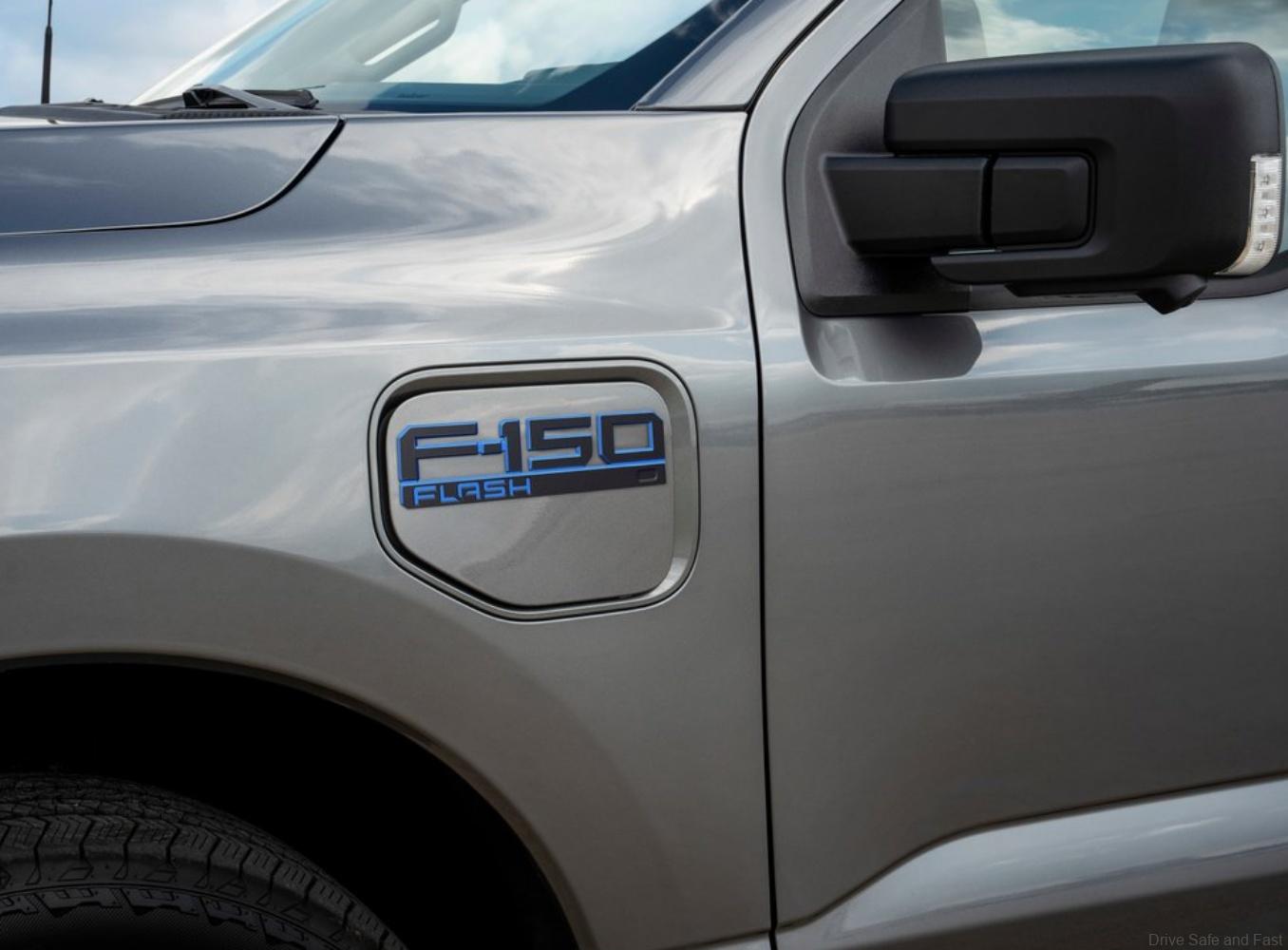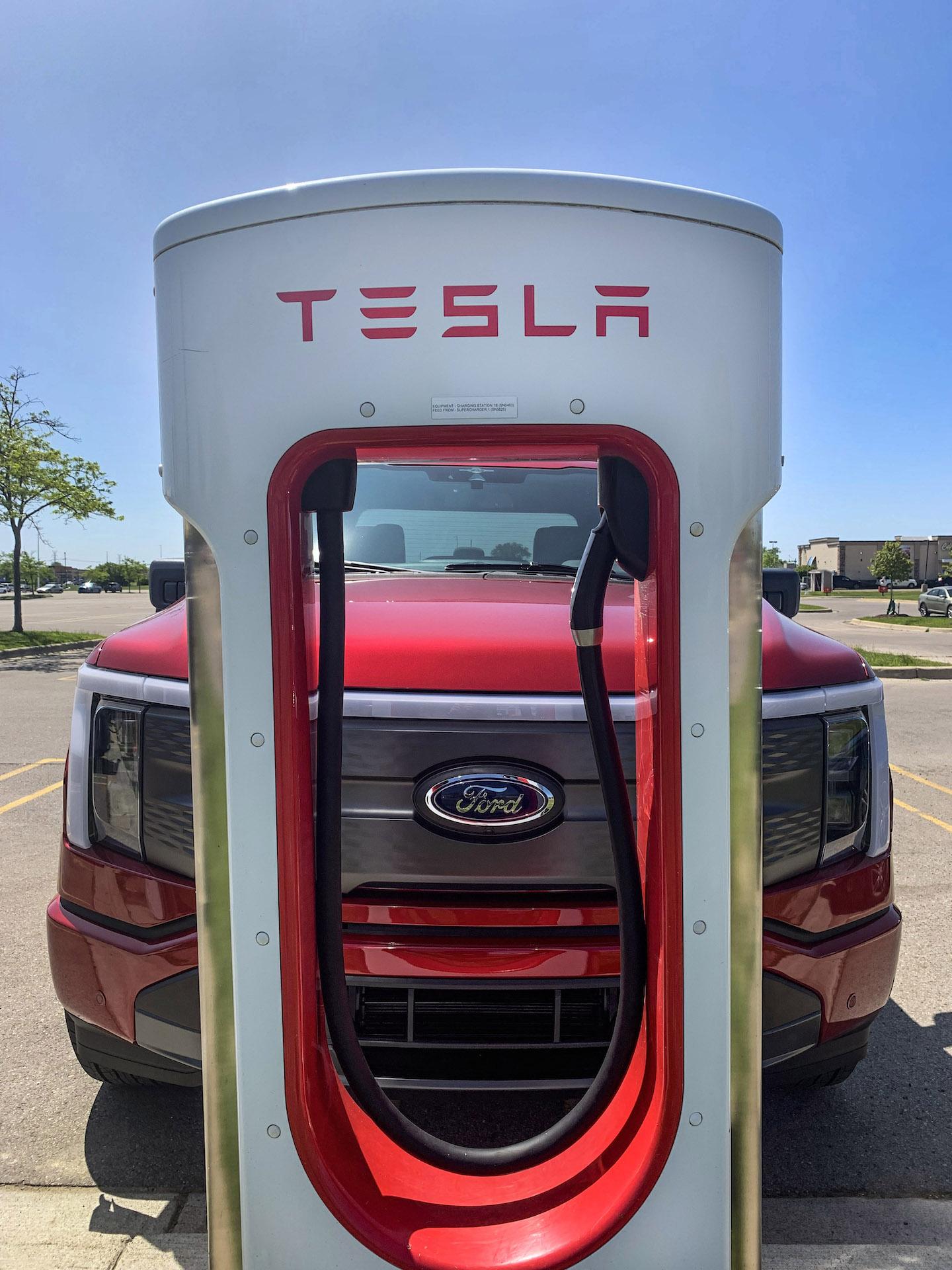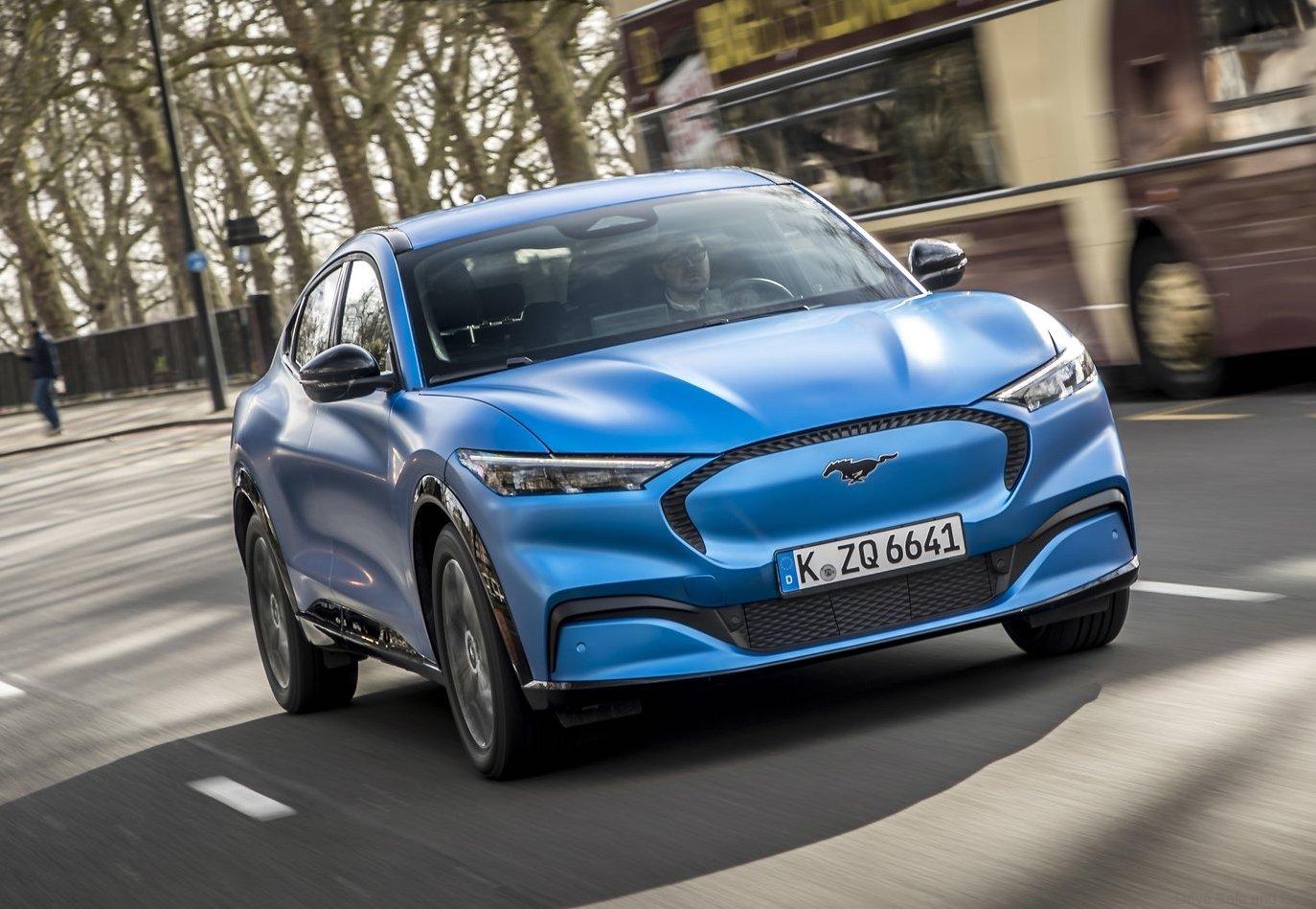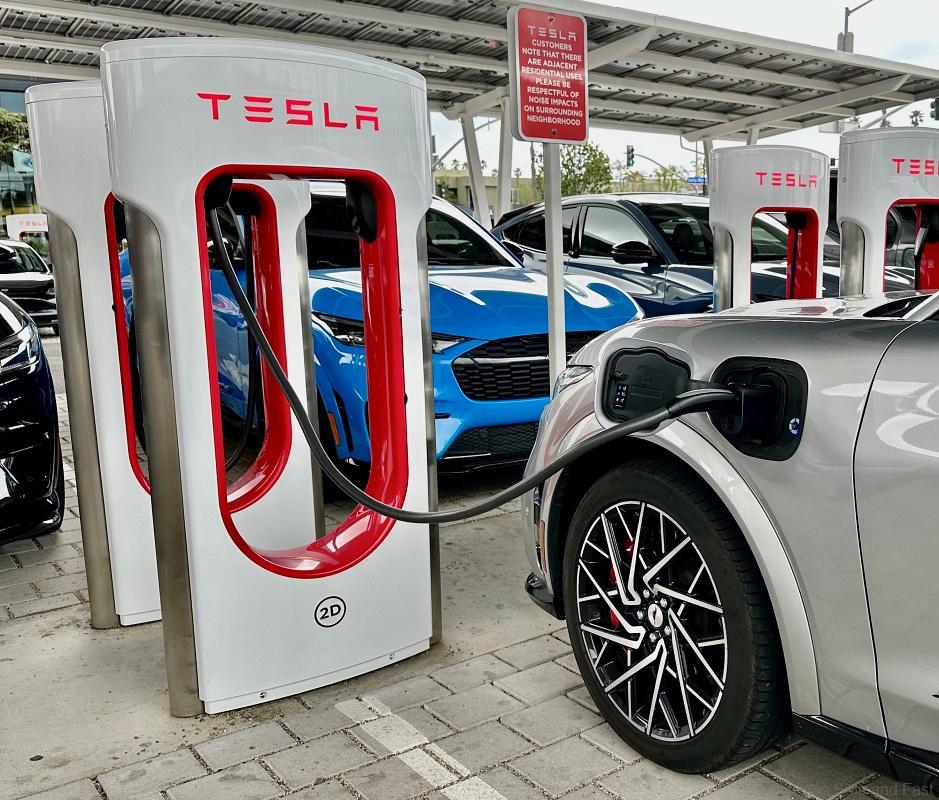More importantly, why is Tesla opening its chargers to other brands only now?
American electric vehicle (EV) maker Tesla has been at the top of its game for many years and was even one of the pioneers in the EV landscape when it was still new, however, recently the brand has fallen behind and a certain Chinese EV brand crushed all of Tesla’s hopes and DREAMS, of retaining its crown. So how does the brand respond to this?

Tesla’s Supercharger network of accessible and reliable fast chargers remains an incredible advantage over every other manufacturer in the EV industry. Other brands have taken notice, and as of Thursday, those very same chargers are officially starting to open up to EVs from other manufacturers. However, why now, what is really going on here?
Moreover, for now, these superchargers are only available for use for just one manufacturer, Ford. Drivers of Ford EVs, specifically Mustang Mach-Es and F-150 Lightnings, who already have access to an NACS adapter can now plug their cars in at Tesla-branded stations across the country. This is going to be a huge bonus to these Ford owners.

Tesla says on its website that these cars will charge at either all-EV supercharger stations or NACS stations dedicated to charging a wider variety of cars. According to that note, some specific chargers will still be available only to Tesla vehicles. EVs built by Rivian, General Motors, Volvo, and Polestar will follow later in spring.
A much wider range of manufacturers will also join that group in the years to come, including the likes of BMW, Toyota, and Volkswagen. For now, EV buyers will have to use a charging adapter provided directly by their manufacturer at these stations. Eventually, manufacturers plan to build these cars with NACS charging ports directly integrated from the beginning.

Around the same time, companies like Electrify America that currently offer CCS fast charging will begin to offer their own NACS-compatible charging options. If everything goes as planned, this unification should make charging every single new EV sold in the U.S. easier in the near future. Perhaps these other brands owe Tesla a royalty fee or something?

That will make EVs more tenable for new buyers and day-to-day life less of a headache for existing owners. Whether or not that works out in practice will depend on how the next two years of rollout actually go, but the integration of Fords into the Tesla system today is a strong first step. What do you guys think about this?


